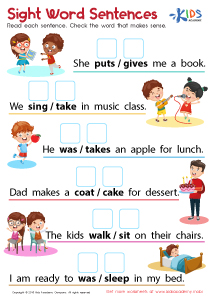Extra Challenge Reading Non-Fiction Worksheets for Ages 3-9
6 filtered results
-
From - To
Discover our "Extra Challenge Reading Non-Fiction Worksheets," specially designed for children ages 3-9! These engaging worksheets provide an enriching experience, strengthening comprehension and critical thinking skills through captivating non-fiction content. Each activity is crafted to challenge young readers, ignite their curiosity, and expand their knowledge about the world around them. Ideal for home or classroom use, these worksheets align with early learning standards while offering fun themes and colorful illustrations to keep kids motivated. Encourage a love for reading and learning with our thoughtfully designed extra challenge worksheets that promote exploration and understanding of various topics in non-fiction literature!
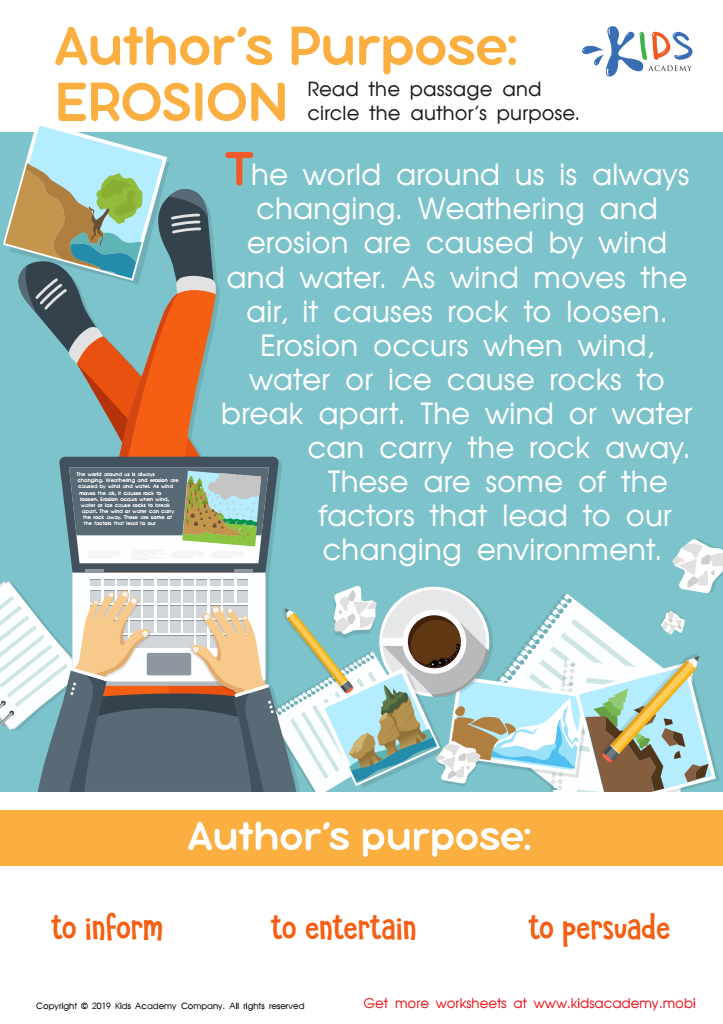

Author’s Purpose: Erosion Worksheet
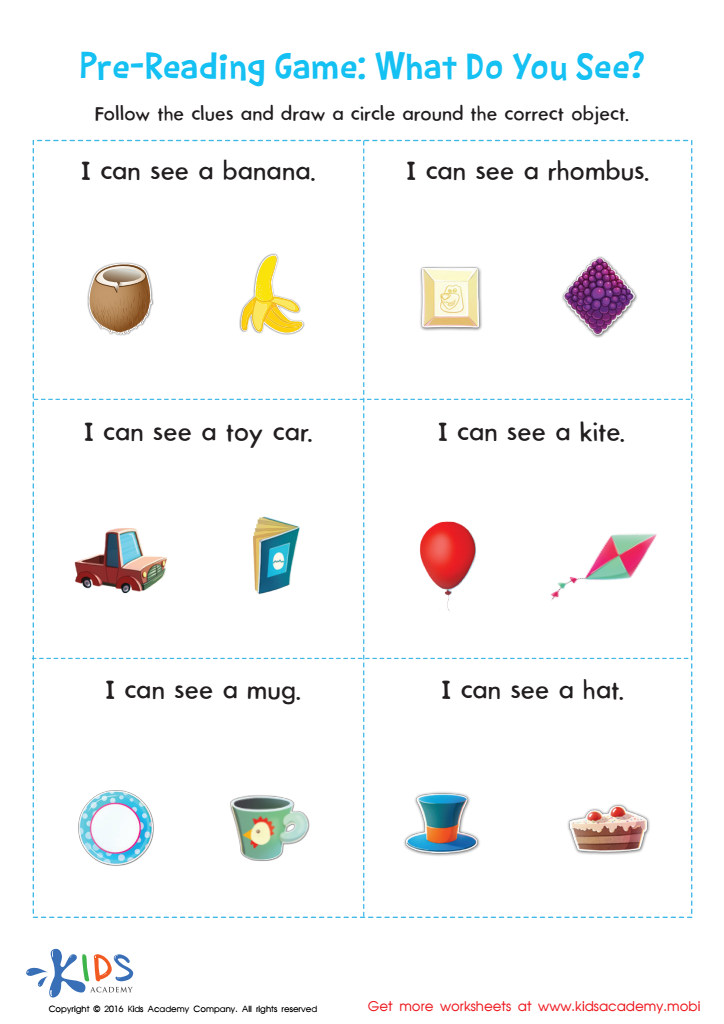

Pre–reading Worksheet: What Do You See?
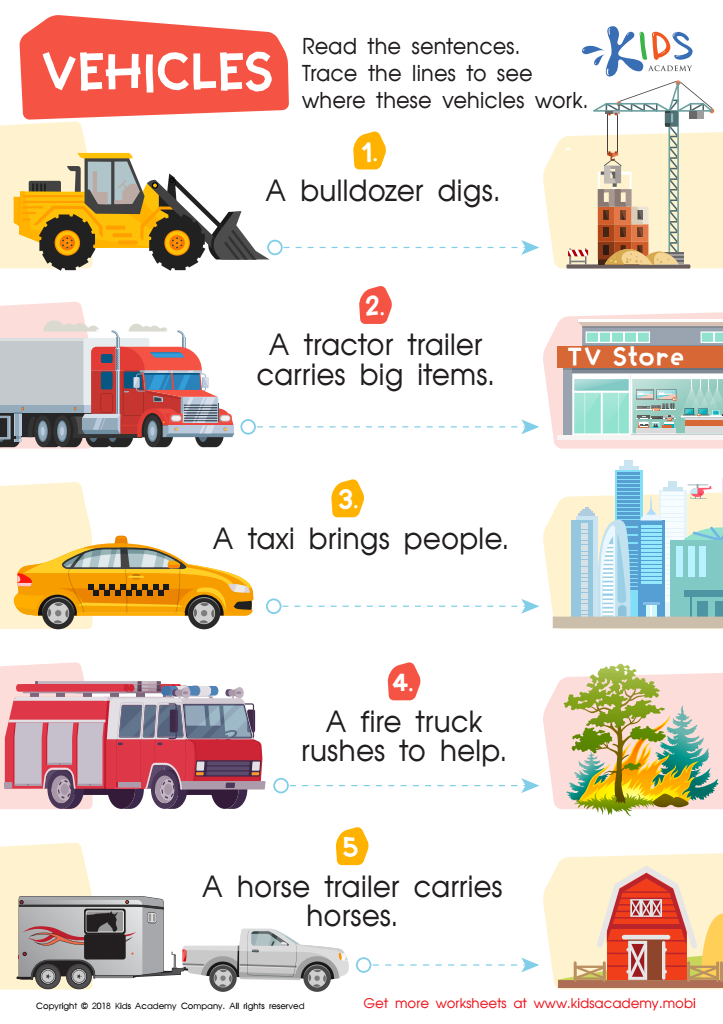

Vehicles Worksheet
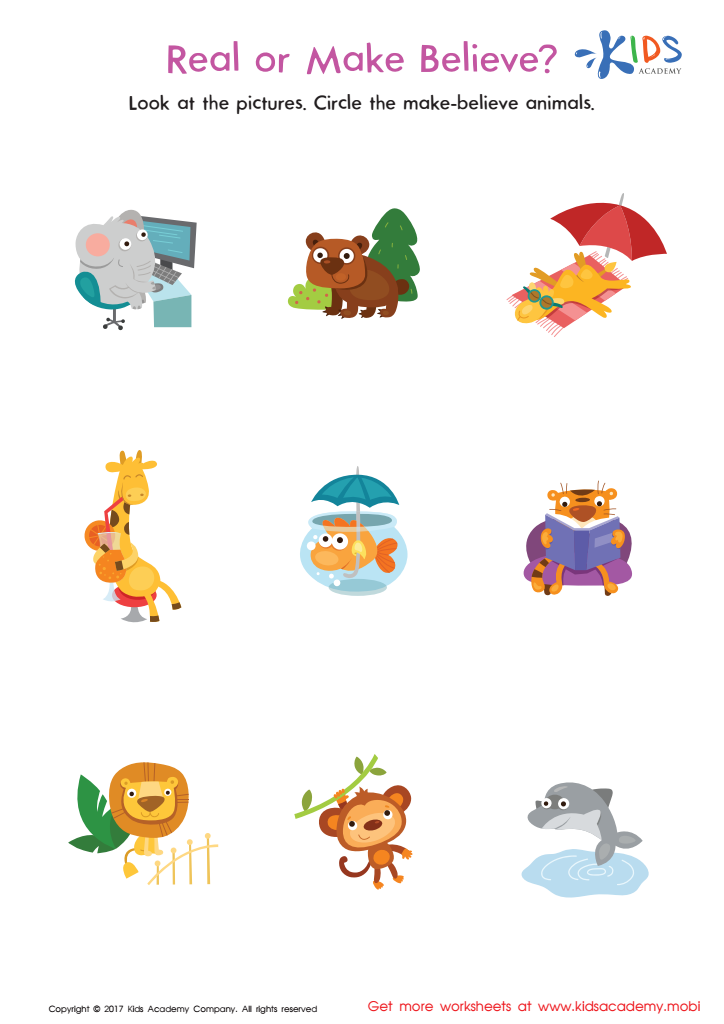

Fact or Make Believe Worksheet
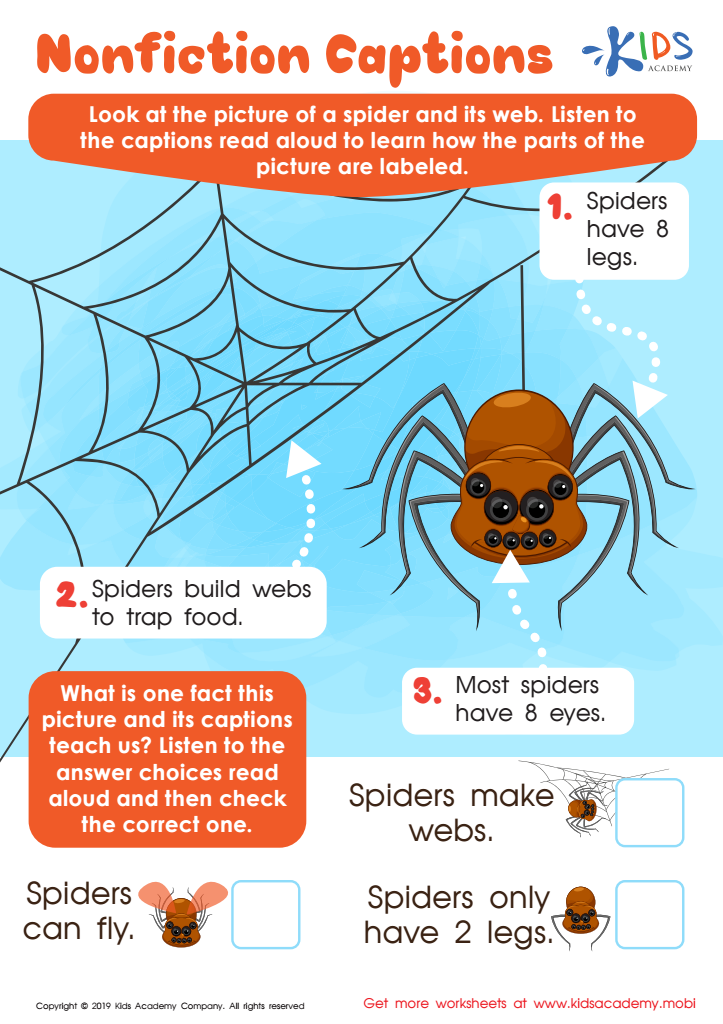

Nonfiction Captions Worksheet
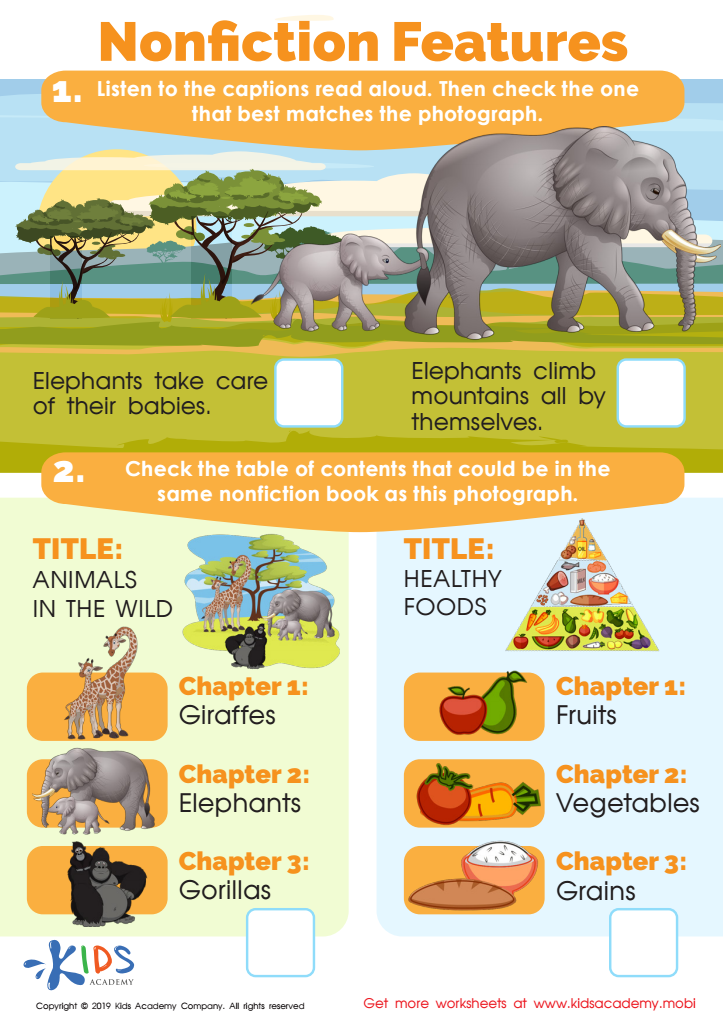

Nonfiction Features Worksheet
Parents and teachers should care about Extra Challenge Reading Non-Fiction for Ages 3-9 because it plays a crucial role in a child’s intellectual and emotional development. Non-fiction books expose young readers to the real world, allowing them to explore various subjects—from science and history to culture and nature. This exposure fosters curiosity, encourages critical thinking, and cultivates a love for learning.
Reading non-fiction enhances vocabulary and comprehension skills, as children encounter diverse language and ideas. It also helps them develop analytical skills by encouraging them to ask questions and seek answers. For children aged 3-9, digestible information presented through engaging formats sparks interest and enables them to associate reading with enjoyment.
Additionally, when parents and teachers engage with children around non-fiction topics, it strengthens the bond and creates opportunities for meaningful discussions. This collaborative exploration enriches their understanding of complex themes and perspectives, promoting empathy and cultural awareness.
Ultimately, Extra Challenge Reading Non-Fiction supports academic success and lays the groundwork for lifelong literacy. By prioritizing this type of reading, caregivers provide children with the tools to navigate and understand their world, preparing them for a future filled with informed decision-making and active citizenship.

 Assign to My Students
Assign to My Students








